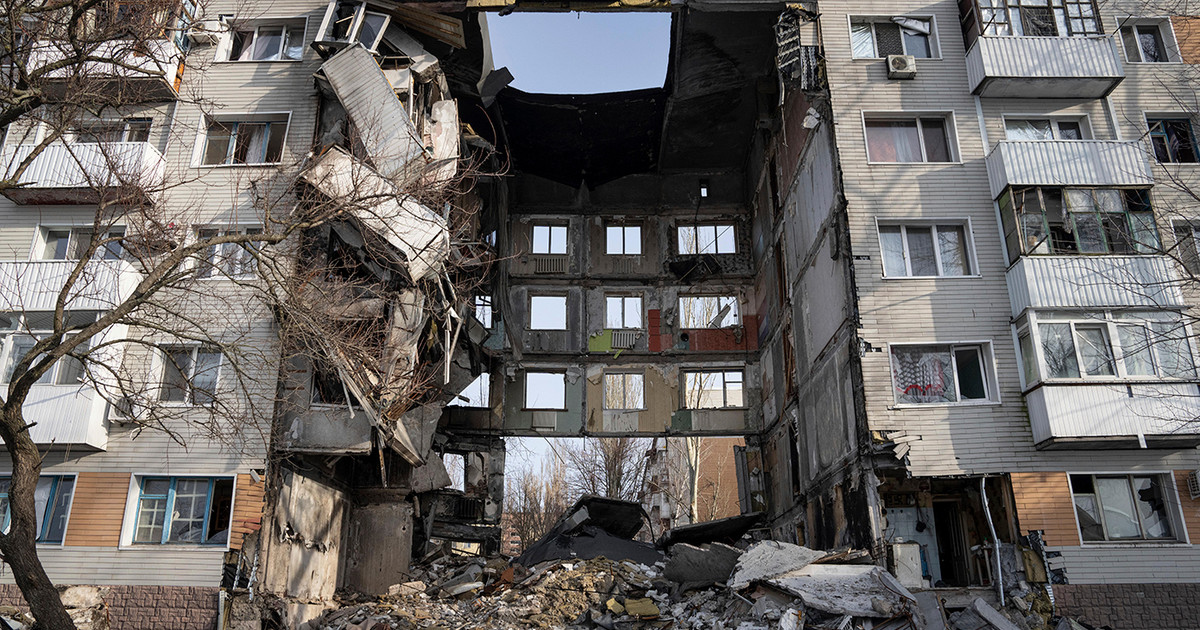Argentina’s new economy minister, Silvina Batakis, took office on Monday (4) and quickly moved to calm those who fell after the resignation, on Saturday, of her predecessor, Martin Guzmán.
The departure of the then minister raised fears of triggering a shift to more populist policies and state spending in the country.
The weight of the parallel market, watched closely, fell by about 8% as people flocked to the popular parallel exchange markets to buy dollars after Guzmán’s abrupt departure.
Batakis, a career civil servant widely seen as close to the far left of the ruling Peronist coalition that wants to increase spending, immediately promised fiscal restraint.
“I believe in fiscal balance and I think we have to move in that direction,” she said in her early comments.
This Monday (4), the peso in the parallel market fell to 260 pesos to the dollar, more than double the official exchange rate of 126 pesos to the dollar, protected by capital controls. Argentina’s S&P Merval stock index tumbled 1% and bonds lost 0.8% in weak trading due to the July 4th holiday in the US.
Guzmán’s departure highlighted divisions in the government, dealt a blow to President Alberto Fernández ahead of the 2023 elections and fueled investor fears that the government would spend more to alleviate high levels of poverty.
Guzmán was the architect of a $44 billion deal struck this year with the International Monetary Fund (IMF), which came with economic targets, including fiscal balance and inflation. Markets saw him as a moderating influence on government.
Citi issued a note saying that Batakis’ early comments would be instrumental in assessing how sharp a turnaround to expect in policy, adding that any shift towards price controls and other currency restrictions could tip the country into economic “populism”.
So, “the deterioration of sentiment and market conditions that has been occurring in recent weeks could accelerate,” the bank added.
Investors fear that a much more flexible economic policy could be defined as the populist wing of Vice President Cristina Fernández de Kirchner’s government gains ground.
“The conflict turned the field in favor of Cristina, who is concentrating power again,” political analyst Ricardo Rouvier told Reuters, referring to the former president who ran the country for two terms.
Local consultancy Portfolio Personal Inversiones said Batakis would likely be guided largely by the “Kirchnerists” and Citi said Batakis would not create the same “balancing force” that Guzmán did.
“This is undoubtedly a shift to less orthodox policies,” wrote Morgan Stanley economist Fernando Sedano.
Presidential spokeswoman Gabriela Cerruti told local radio that “there will be no changes” under Batakis.
“The economic direction is assured. The targets (with the IMF) for the first quarter were fully met. Now Silvina has to sit down and take over the ministry and work out her own operational scheme,” Cerruti said.
The South American country has widely divergent exchange rates due to strict exchange controls that limit dollar purchases to just $200 a month, pushing people into informal, shadow markets where dollars charge much higher premiums.
Currency controls in place since 2019 have kept the official peso exchange rate on a slow weakening path, but the gap to popular parallel markets has become increasingly wide due to economic crises, high inflation and debt fears.
Source: CNN Brasil
I am Sophia william, author of World Stock Market. I have a degree in journalism from the University of Missouri and I have worked as a reporter for several news websites. I have a passion for writing and informing people about the latest news and events happening in the world. I strive to be accurate and unbiased in my reporting, and I hope to provide readers with valuable information that they can use to make informed decisions.






